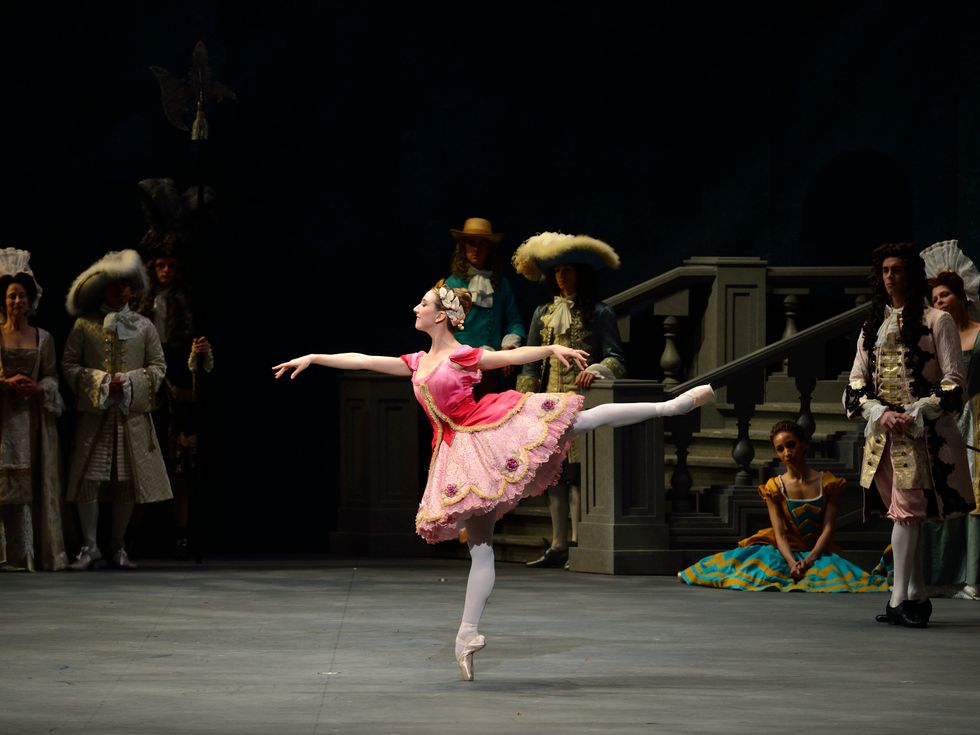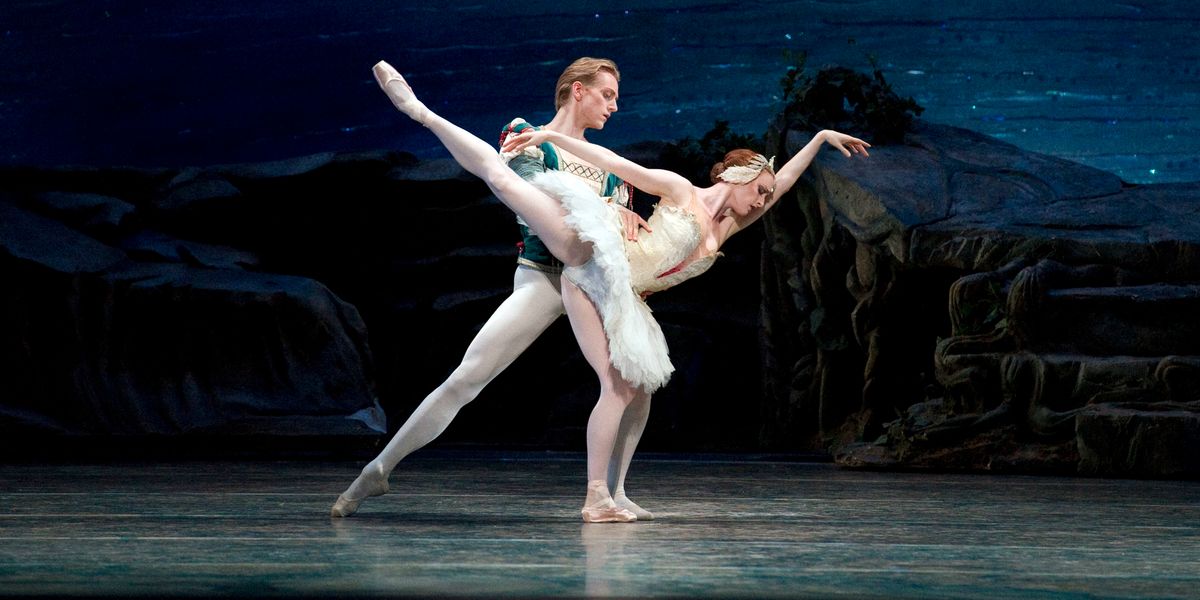ABT's Met Season To Be Shortened By Three Weeks
Tucked into a recent article in The New York Times about an upcoming schedule-change at the Metropolitan Opera, was a small bombshell: To accommodate the opera’s plans, American Ballet Theatre, with whom it shares the house, will “reduce its Met season to five weeks from the current eight” starting in 2021. The news was dropped casually, practically as an aside.
Maybe it shouldn’t come as such a surprise. No regular ABT attendee can have failed to notice that, in recent seasons, there have been performances that were significantly under-sold. This happened even in the case of enduringly popular works like Giselle. Only Misty Copeland or the occasional visitor—Natalia Osipova, say—can fill that cavernous, almost 4,000-seat monolith.
(To be fair, the opera has the same problem; in May of 2017 it was reported to have attained only 67% of potential box office receipts.)
So, one can’t help but wonder if this shortening of ABT’s spring season isn’t partly tactical. Reached for comment, a company representative would say only this:
“Although we would love to dance on the Met stage for eight weeks or more each year, we look forward to programming and presenting five weeks of extraordinary ballet to appreciative and enthusiastic audiences at the Met. While it is premature to announce specifics, we have exciting plans underway for ABT’s future performances in New York, across the country and around the world.”
The representative would not be drawn out on the nature of those “exciting plans,” so we’ll just have to wait and see what materializes. But reason would seem to indicate that, for a company that works 36 weeks each year, the loss of three weeks of employment at the Met is not, on the face of it, a good thing.

Isabella Boylston in Alexei Ratmansky’s Sleeping Beauty. Photo by Gene Schiavone, courtesy ABT
The news comes only a year after the shuttering of the Lincoln Center Festival, which reduced the summer programming at this cultural hub from seven weeks to five in 2018. Dance—particularly in the form of large, ambitious productions—lost one of its most exciting showcases, a loss only partly made up by other festivals, like Mostly Mozart and White Light. It’s notable that the Times article about the Met re-shuffling mentioned the cut to ABT’s season only in passing, as an event of minor importance. Ballet, and dance in general, has often fought to be taken as seriously as the other performing arts; attitudes don’t seem to have changed much.
Perhaps, though, ABT has other, better plans up its sleeve. It’s true that the Met spring season format—week-long runs of one evening-length story ballet after another—is ripe for an upgrade. Does the ballet audience need to see Natalia Makarova’s La Bayadère, and Kevin McKenzie’s Swan Lake year after year? Maybe the low attendance is caused by attrition, or boredom. Even the new works created for the Met, like Alexei Ratmansky’s reconstruction of Marius Petipa’s Harlequinade, would look better on a smaller stage.
A partnership with a different theater in New York might open the way for more varied, less stolid fare. The Koch and City Center are occupied in June and early July, but how about the Brooklyn Academy of Music, for example? “They could start the season there, following Dance Africa, with more adventurous choreography, then move on to the Met for the swans and pirates,” suggested a colleague in the New York performing arts community. Not a bad idea.




